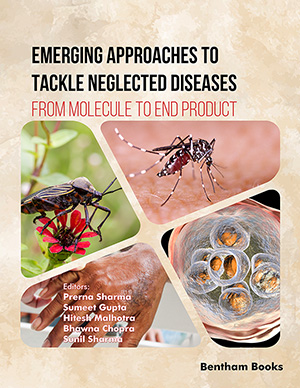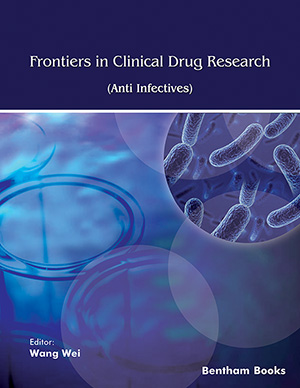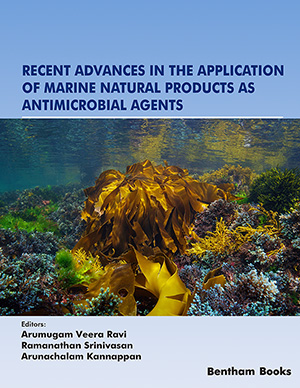
Abstract
Tyrosine kinase inhibitors (TKIs) have dramatically improved the outcome of renal cell carcinoma (RCC) patients. The use of these agents requires early and appropriate management of side effects such as hematologic adverse events (HAE), in order to avoid unnecessary dose reductions and transitory or definitive treatment discontinuations. Beyond the increased infective risk, myelosuppression contributes to TKI-related fatigue, thus reducing both patients’ quality of life and overall survival (OS). However, the frequency and severity of myelosuppression vary among sunitinib, sorafenib, pazopanib and axitinib, based on their different kinase selectivity. Their activity against fms-related tyrosine kinase 3 (FLT3 or CD135) and c-kit, which are essential for survival and differentiation of hemopoietic progenitor cells, is critical to determine the hematologic toxicity profiles. This review describes the molecular mechanisms underlying the TKI effects exerted on hematopoiesis and immune response and related recent patents, of drugs already approved or still under evaluation in RCC, highlighting the potential impact of these effects on tumor response to treatment.
Keywords: Hematologic toxicities, renal cell carcinoma, tyrosine kinase inhibitors
 19
19






















